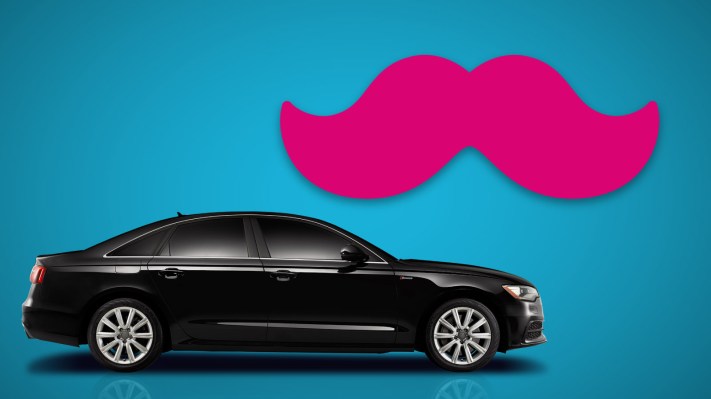A bill designed to regulate ridesharing companies in California is back. State Assemblymember Adrin Nazarian has submitted a bill aimed at placing new rules on companies like Uber and Lyft. Assembly Bill 24, however, is incredibly similar to Assembly Bill 612, which failed in committee in 2014. Nazarian notes in a release on the bill that 24 is “similar” to 612, which is understatement.
Maligning ridesharing services as “simply high-tech hitchhiking,” Nazarian claims to be “hopeful that after too many senseless and preventable acts of violence [that] ridesharing companies would be more inclined to work with me to pass legislation that restores the public’s trust in this wonderful and innovative transportation model.”
According to a summary document, the proposed bill has a number of precepts: “Department of Justice criminal background checks”; the submission of “fingerprint images” to the same government agency; and enrollment in a program that sends a notice to ridesharing firms if a driver gets a DUI or otherwise receives a “serious driving conviction.”
There are two notable changes in AB 24 that make it mildly different from last year’s AB 612: The new bill contains an extra regulatory requirement regarding how cars must be marked, and it doesn’t have the sponsorship of the Taxicab Paratransit Association of California.
I reached out to the organization asking why it isn’t sponsoring the bill in its second life. I’m hearing that the group is politicking for its passage, but more quietly this time.
There may be sense to the group’s decision. Last year, Uber revved its user base, running headfirst into the bill. A sample of the ridesharing company’s language [original formatting]:
AB 612 is a flagrant attempt to stymie innovation and competition by an antiquated industry. It is an obvious play by the taxicab industry to kill competition and limit consumer choice.
Perhaps the Paratransit folks decided to simply work behind the scenes to avoid having the situation framed as taxis versus Uber.
The Internet Association, a technology group that counts Uber, Lyft and Sidecar as members, released a statement regarding the proposed bill:
The legislature already addressed these issues last year, and determined they were unnecessary to ensure rider and driver safety. The great thing about competition is that consumers have choice. Californians, more than ever, are choosing ridesharing as their preferred means of transportation, and they are doing this because it is a better, safer, and more positive experience from start to finish.
Others weighed in along similar lines. CALinnovates, a group that works to connect technology firms with the “slower moving […] public policy communities in Sacramento and Washington, DC,” said the following:
It is outrageous that any legislative energy will be spent on this new bill, a practical carbon copy of Assembly Bill 612, a bill that didn’t even make it out of committee last year. […]
Nazarian’s bill is a blatantly anti-competitive example of regulatory capture at its very worst that will only serve to pile on bureaucratic redundancy and red tape while choking innovation.
CALinnovates closed its comments with a riff saying that it will be willing to comment again next year when Nazarian tries to pass his bill yet again. Shade.
I have yet to hear anything that would indicate that AB 24 has a higher chance of passing than AB 612 had, but in politics, everything is fluid.
Update: Uber provided TechCrunch with the following comment: “The California legislature, Governor, and CPUC debated and supported comprehensive TNC legislation last year, deciding to listen to the hundreds of thousands of riders and drivers who rely on services like Uber to connect with the people and places they love.”
Update II: Lyft kicked a statement our way as well, stating that “[i]ncreasing passenger safety is one Lyft’s most important contributions to the transportation industry.” The company went on to argue that the market “should seize this moment of change in the transportation industry to reject business as usual and establish the innovations brought by Lyft and other ridesharing services as a new standard of safety for all providers.”
